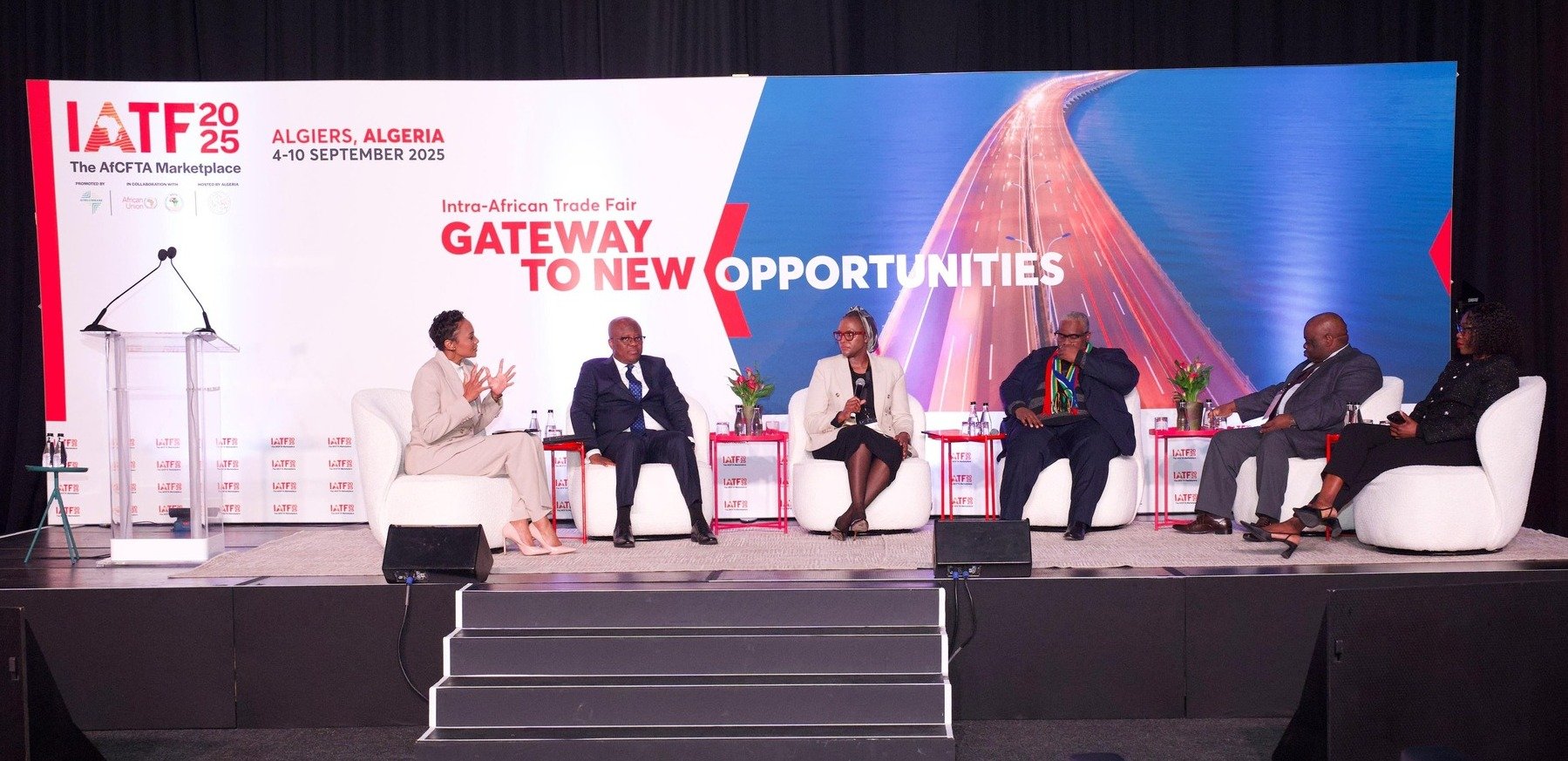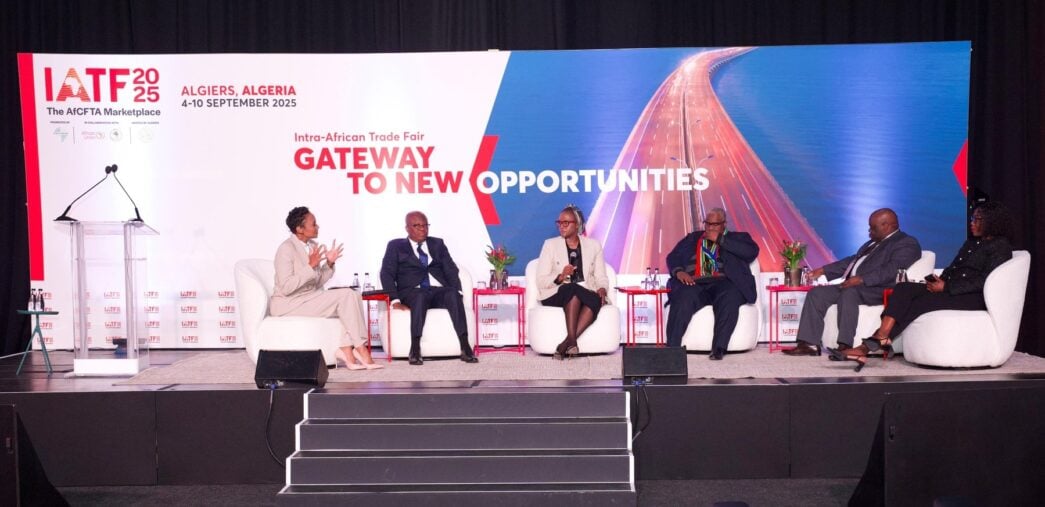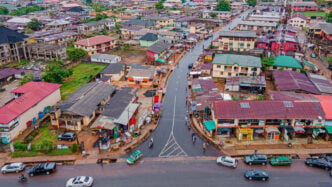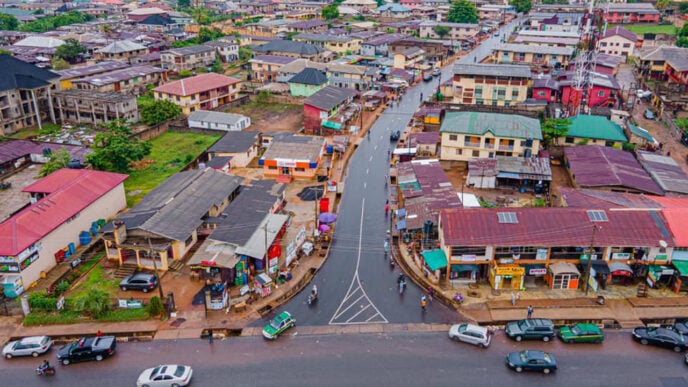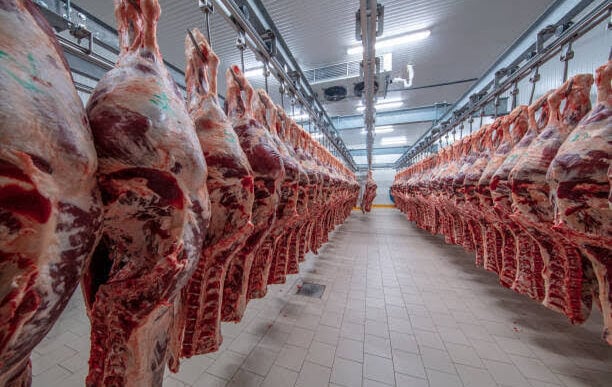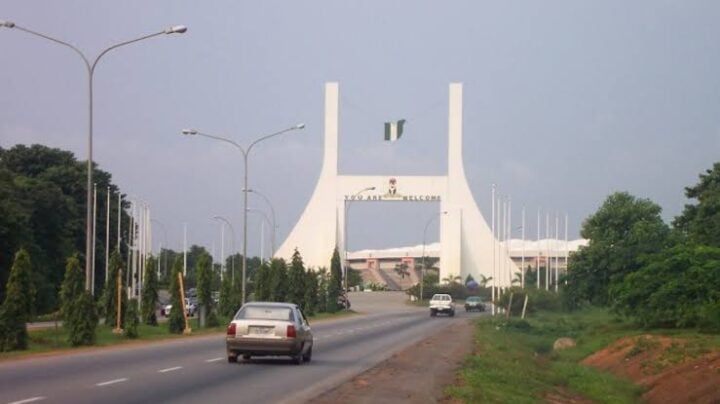“Africa is today at midcourse, in transition from the Africa of yesterday to the Africa of Tomorrow. Even as we stand here, we move from the past into the future. The task, on which we have embarked, the making of Africa, will not wait. We must act, to shape and mould the future and leave our imprint on events as they slip past into history.” — His Imperial Majesty, Haile Selassie, Emperor of Ethiopia, May 1963
BY SIMBO OLORUNFEMI AND ADE ADEFEKO
In a matter of days, the 4th edition of the Intra-African Trade Fair (IATF2025) organised by the African Export-Import Bank (Afreximbank), in partnership with the African Union Commission, will kick off in Algiers, the People’s Democratic Republic of Algeria. The IATF is recognised as Africa’s premier trade and investment forum for the promotion of intra-African trade. A biennial platform for showcasing investment opportunities across the continent is expected to host over 2,000 exhibitors from 75 exhibiting countries. 35,000 visitors from around the world are expected, with trade and investment deals valued at over US$44 billion projected to be finalised at the event, which will also feature the Creative Africa Nexus (CANEX) summit for creative industries and the Africa Automotive Show.
The Intra-African Trade Fair is an offshoot of the African Continental Free Trade Area (AfCFTA), a flagship project of the African Union under the ‘Agenda 2063’, which is aimed at bringing together the 55 African Union member states and eight Regional Economic Communities to establish a single market of over 1.4 billion people for goods and services across the continent, eliminating tariffs on most goods and liberalizing trade in services creating the world’s largest free trade area, with a GDP exceeding US$3.5 trillion.
Advertisement
Beyond trade in goods and services across Africa, the free movement of Africans across the continent, with roots in Aspiration 2, is integral to Agenda 2063. It was envisioned as the cornerstone for achieving an integrated and peaceful Africa. In furtherance of this objective, the Protocol to the Treaty Establishing the African Economic Community, relating to Free Movement of Persons, Right of Residence and Right of Establishment, was adopted in January 2018, with a three-phase implementation proposed, starting with the abolition of visas for African Union citizens traveling within the continent, the right of African Union citizens to reside in any member state, and the right of establishment to live, work freely and establish businesses. Unfortunately, this has not generated as much traction as it should have.
To date, only 32 member states of the African Union have signed the Protocol, with only Rwanda having ratified it. The African Passport, which was endorsed by the AU as part of this framework to facilitate free movement, is yet to be rolled out for general use, restricted for now to only officials and diplomats. It is not a surprise that the increase in intra-African trade and investment, as envisioned, has not materialised, and the march towards the realisation of the African Continental Free Trade Area (AfCFTA) has not sluggish.
One would have thought that priority in terms of rollout of the African passport would be given to African investors and those involved in intra-African business. Only last year, Africa’s richest man, Aliko Dangote spoke out at the Africa CEO Forum Annual Summit in Kigali about the inconvenience that comes with his needing 35 visas to travel around Africa:
Advertisement
“As an investor, as somebody who already wants to make Africa great, I have to now apply for 35 different visas on my passport, and I really don’t have the time to go and drop my passport in embassies to get a visa. But you see, the most annoying thing is that if you are treating everybody the same, then I can understand, but I can assure you, some people don’t need 35 visas.” He compared his situation to that of the French Executive who was also at the forum, saying: “I can assure you that Patrick (Pouyanné) doesn’t need 35 visas on a French passport, which means you have freer movement than myself in Africa.”
It was in the bid to address this issue and facilitate free movement across Africa that the African Development Bank (AfDB), under the leadership of Dr Akinwumi Adesina, introduced the Africa Visa Openness Index (AVOI) in collaboration with the African Union Commission and the World Economic Forum in recognition of the role of visa openness in the AfDB’s Ten-Year Strategy and Africa’s broader integration aspirations. The index evaluates three main visa categories imposed by each country on the citizens of the other 53 nations: visa required before travel, visa on arrival, and visa-free entry.
The Index reports an improvement since it began tracking visa openness in 2016, with Benin, Rwanda, Seychelles, and The Gambia standing out as leaders, allowing visa-free entry to all African citizens. But even with the increasing adoption of electronic visas (e-visas) by African countries, which is helping to streamline the visa application processes in some of these countries, the 2024 report notes a slight decline in the combined visa openness score for the countries.
West Africa and East Africa have 8 countries each in the top 20 on the ranking. Cape Verde and Nigeria share the 6th place, for offering visa on arrival to many African countries and visa-free access to others. While 39 countries have improved their scores over previous years, the barriers are still largely pervasive.
Advertisement
The irony is that not even hosting the Intra-African Trade Fair could convince Algeria, the host country, to grant visa-free access or visa-on-arrival to participants from other African countries. One of us had to travel from one part of the country to the other to be able to process the application for visa. Shouldn’t it be a condition for the host nation for such a major event to allow for visa-free access for participants? That should be the least of expectations if we are truly serious about promoting inter-African trade.
The African passport is a major initiative African Union (AU) that should be ardently pursued to enable Africans to travel, work, study, and live more freely within the continent without the need for visas. Fears have been raised in some quarters about the universal availability of the biometric infrastructure and the building of the requisite technology needed for adoption. There are also concerns around issues of national security, migration, and harmonization of standards, but all of these fears and concerns can be sorted out where there is the requisite political will.
It is time to open up the roll-out to more Africans, starting with the investment and business community. The African Passport will help to unlock Africa’s integration potential by easing travel restrictions. The next edition of the Intra-African Trade Fair should not have intending participants from other African countries scampering all over the place for a one-week, single-entry visa to another African country, in the name of deepening intra-African trade. It defeats the purpose. We need to put in more work bringing down the walls as we work on Agenda-2063.
Simbo Olorunfemi is a specialist on Nigeria’s foreign policy and managing dditor of Africa Enterprise, while Ade Adefeko is director, corporate and regulatory affairs, Olam Agri, ex-Officio NACCIMA, and honorary consul of Botswana in Lagos.
Advertisement
Views expressed by contributors are strictly personal and not of TheCable.
